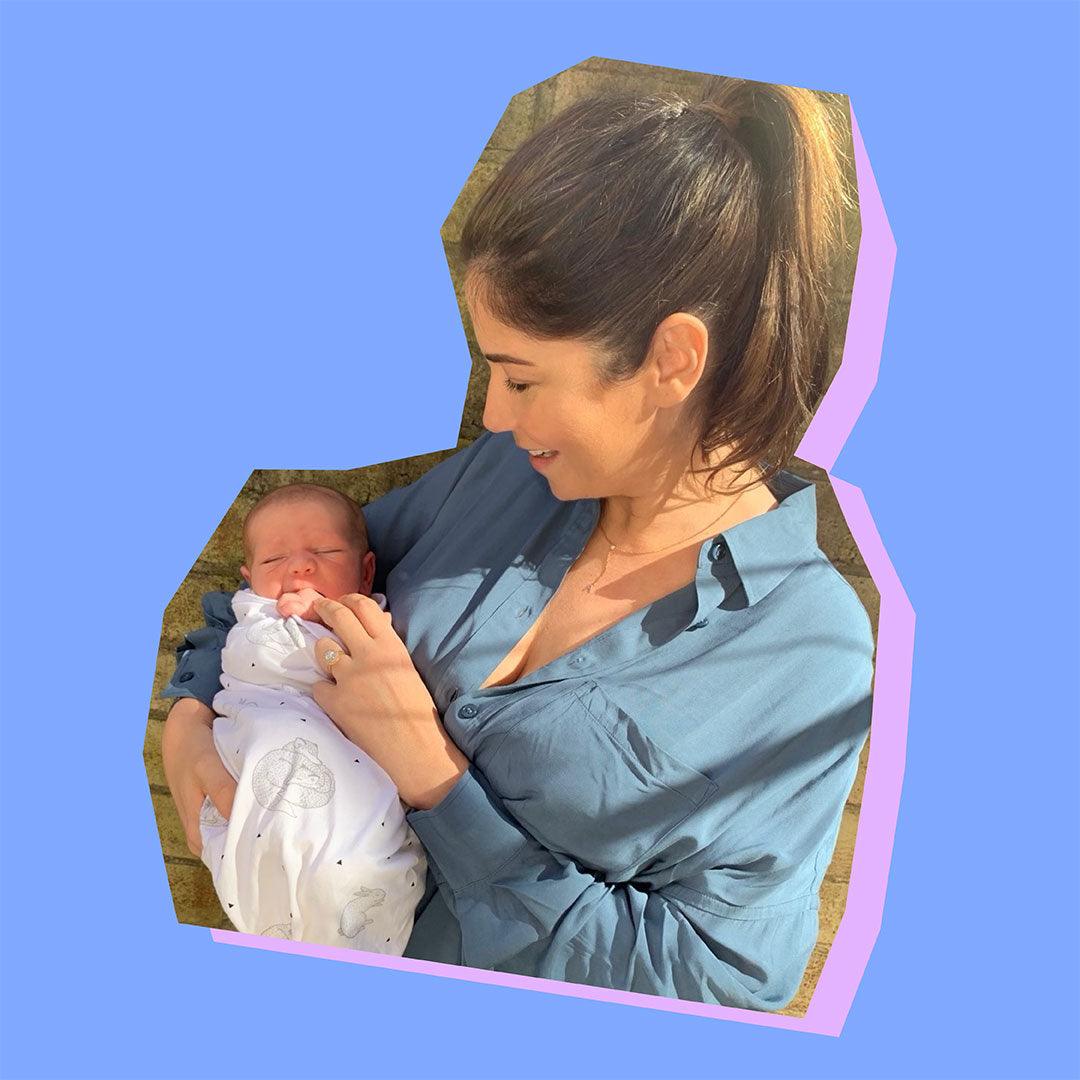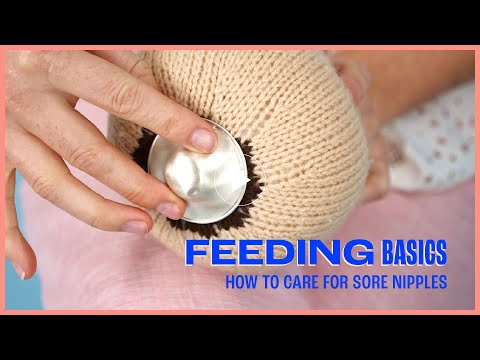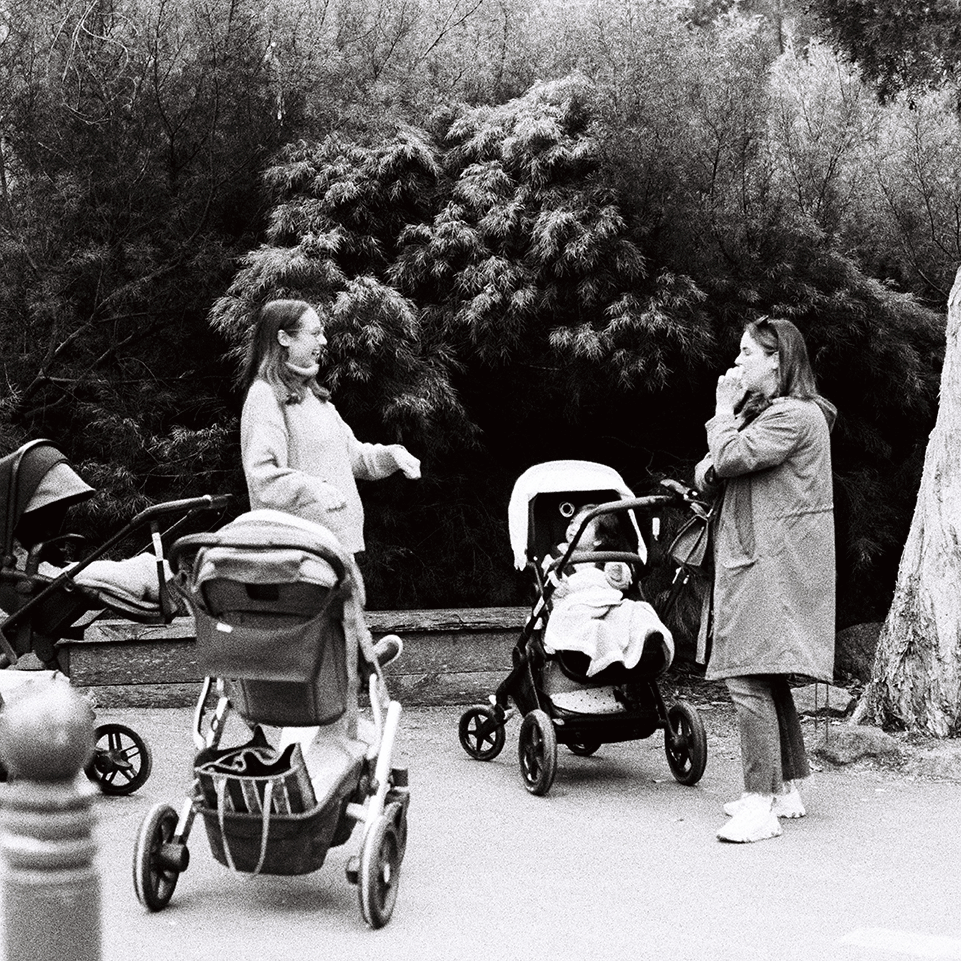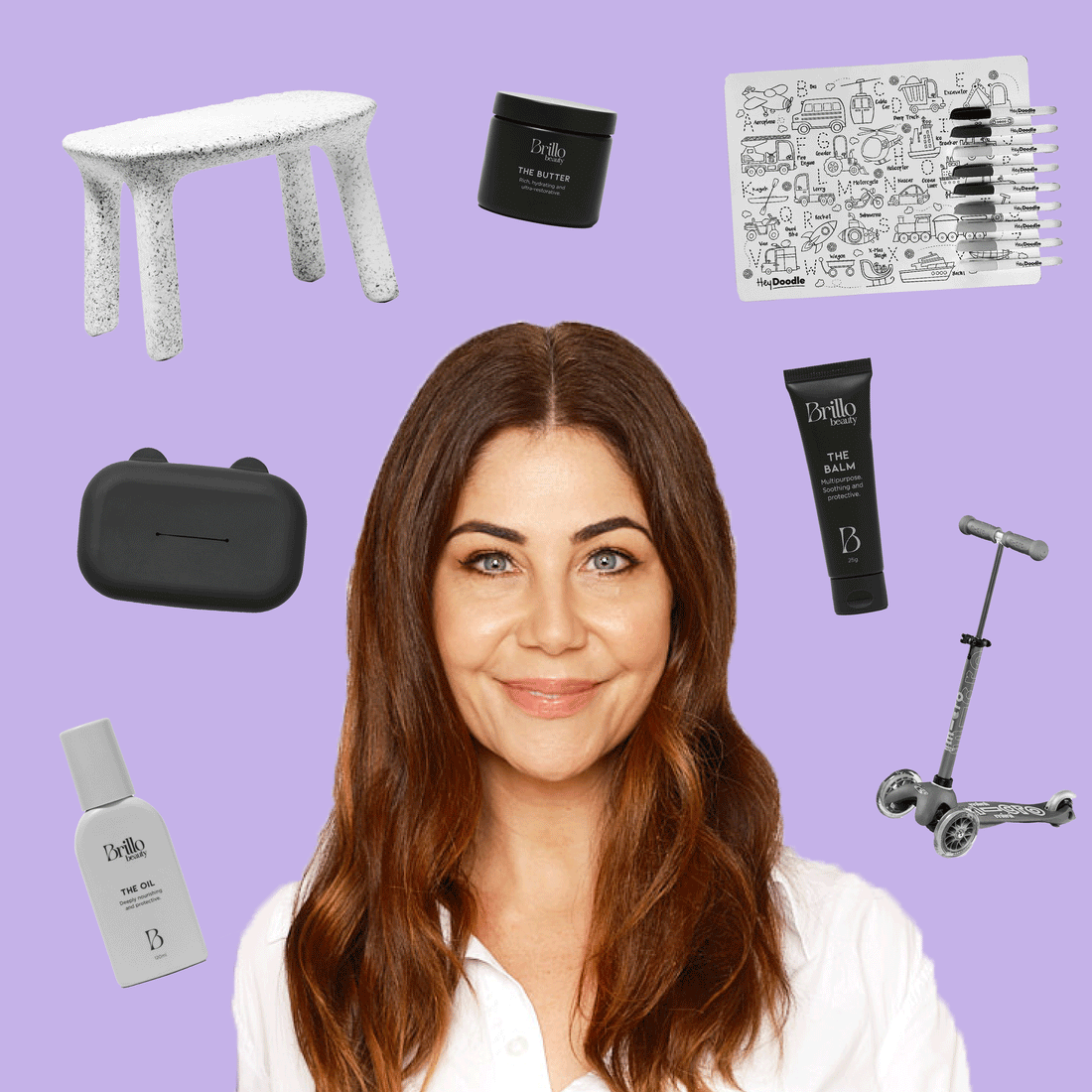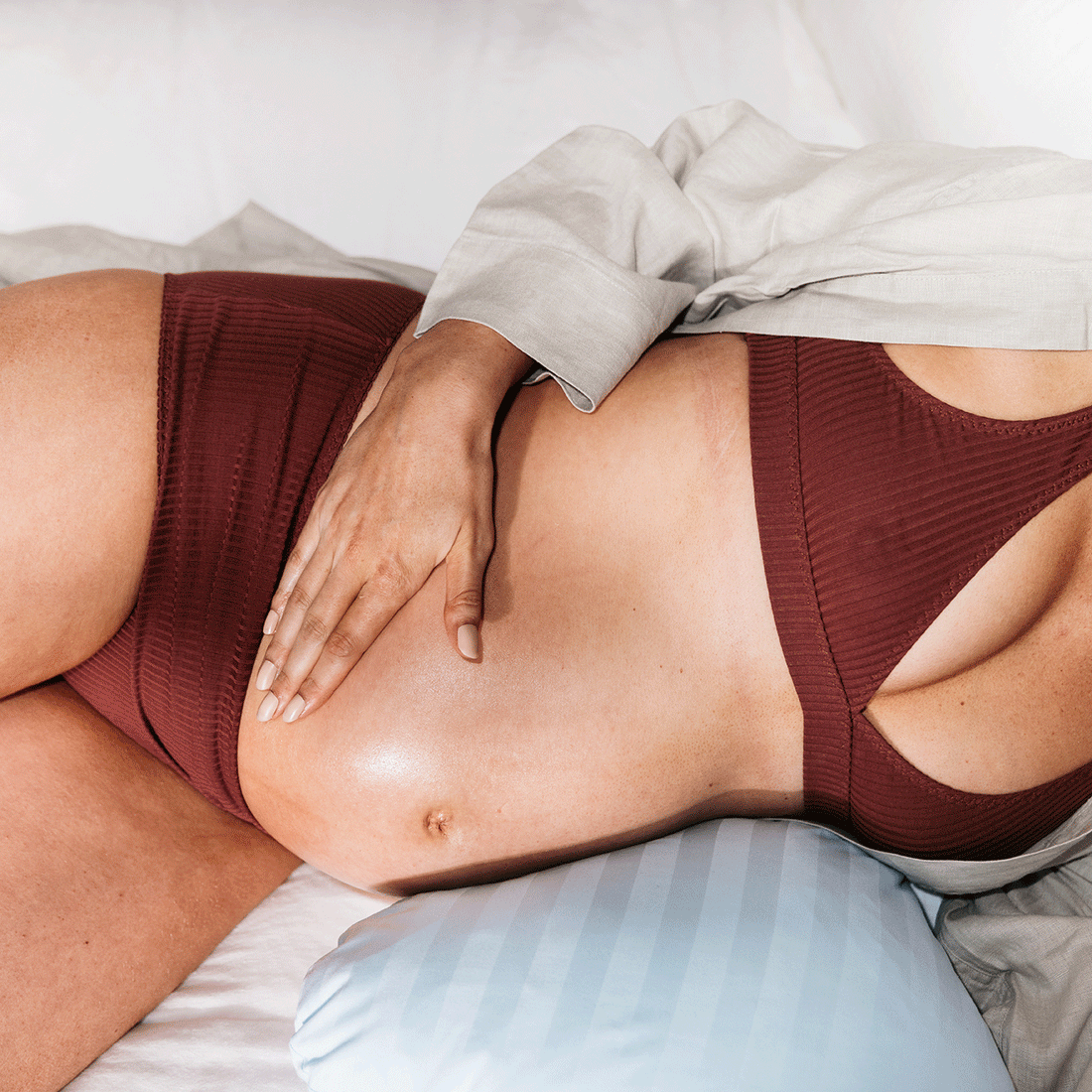Why Beauty Expert Leigh Campbell is for the new parent rite of passage.
Parents Group, or Mothers Group in particular, hasn’t had great marketing in the last decade. It feels dated, daggy and sometimes, a bit sterile, particularly if you haven’t visited a public building for a while. Vulnerable, sleep-deprived women with tiny babies on hard plastic chairs in an old gym hall isn’t the most attractive picture of how to spend your outing time with your newborn, granted. Plus, do you really need new friends? Beauty Expert and Brillo Beauty co-founder Leigh Campbell is the last person who needs more on her social calendar, but as a new mum, Mothers Group became an unexpected lifeline.
“I was enrolled into the standard local council mothers group which kicked off when my son was six weeks old.
I really don’t recall what expectations I had going into it - I think I was still in the postpartum, post c-section fog and really wasn't thinking about anything other than when I could take a nap.*
The first class was a group of about 12 new mums, and we all sat in a circle with our babies. I was in awe of everyone. Most were breastfeeding while we chatted (something I was really struggling with) and they all seemed like total naturals while I felt like a fish out of water.
An hour into the session (in which a nurse talks about how we were feeling, what our experience had been so far, etc) I quietly queried how long the meetings went for. Two hours, I was told.
Two hours?! Alexander needed a feed and I felt self-inflicted shame for needing to mix his formula to feed him, so I promptly told the group I had to go home to meet a man who was installing our new curtains. That part was true, but I also made a decision in my mind and vowed to never return.
And I didn't.
A month or so later I got a WhatsApp message from one of the mother’s in the group, asking me if I wanted to be added to the group chat. “No, thank you,” I said politely.
She added me anyway.
And I thank her every day that she did. What to know about Parent Groups
Alexander is now 3.5 and we all still see each other regularly and chat most days.
Back in those newborn days when I gingerly started chatting in the group I released how helpful of a resource it was. Their babies were the exact same age, going through the same leaps and struggles and WTF moments. It was so comforting to have several sounding boards to vent, laugh with and lean on. A picture of poo or vomit was not only okay, it was expected.
Sure, I had many friends who had babies or toddlers, but a funny thing happens when you have kids. You forget all about the stage you've just been through once you’re onto the next hurdle. It’s like your brain can only hold so much baby-related information and as soon as you’re done with it, it gets erased. So having women at the exact same hurdle made us feel like a team.
Over three years on, we've helped each other through eating, toileting, transitions to’ big boy’ and ‘big girl’ beds, welcoming new siblings, you name it. Because the guesswork of parenting never stops, needing those around you who are in the thick of it too makes it far less lonely. It’s so very cute to see our kids grow up together and build lifelong friendships.
Oh, and we all really like each other, kids aside. We've had many child-free nights out where the drinks have been flowing. But I'll save those stories for another time.”
In a recent Instagram poll of our community, 55% said Mother’s Group was enjoyable and a good resource, and 45% said it wasn’t for them. The thing is, while an old institution, the purpose and reason for Mother’s Groups still exists, maybe more so in 2023 than ever before. More and more, we live further away from our families and support networks, making new parenthood a potentially very lonely time. It's also a time when we feel we have to do more and more, to stay on top. It's not the way it's meant to be done. As author and life coach Beth Berry recently shared, "Overfunctioning isn't inherent to motherhood. It's a coping strategy adopted by mothers to ensure the wellbeing of their children in the absence of their village." While it’s incredibly easy to contact friends through your phone, it’s not the same as face-to-face time, and to get any of that, you need friends who are close-by, because babies still only give you a small window to get out of the house. When considering whether to give it a go, here’s what to know about Mothers Groups.
What to know about Parent Groups
-
After you give birth and register their birth, you’ll be placed into a government-run Mothers Group. Generally, you’ll be given the details of your first meeting at a postpartum midwife check-in. It will be held somewhere close to your house, sometimes a childcare centre, community hall or other government building when you’re about six weeks postpartum.
-
These sessions are usually run by a midwife and there is time allocated in each for education, conversation and information about local organisations. Usually they go for two hours.
-
After these organised sessions, you’ll be encouraged to exchange numbers with the other parents in the group and continue to see each other.
-
If your government placed group does suit, but you would like to connect with other parents in your area, there are other options. Australian Breastfeeding Association runs over 230 parent groups around the country. The app Peanut works a lot like Tinder but for mums. It matches you to other women in your area. There are playgroups, library reading times and more and more, independently run parenting groups.












